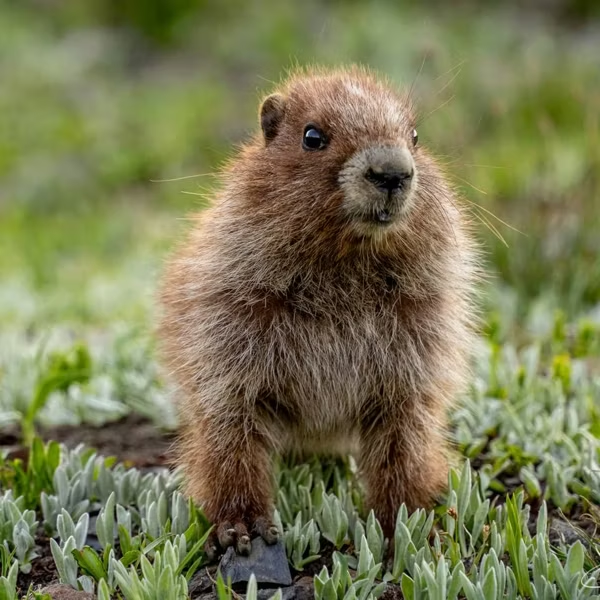The Endangered Species Act is widely recognized as one of the country's most effective conservation laws. But despite saving thousands of plants and animals from extinction, Congress has consistently starved this landmark law of funding.
Now, thanks to legislation recently introduced by Rep. Raul Grijalva (D-Ariz.), that chronic underfunding could end. As scientists warn of a growing global extinction crisis, Grijalva's bill would offer a much-needed lifeline for America's most endangered wildlife.
The proposed legislation would provide funding for some of the most critically imperiled species in the United States -- butterflies, Hawaiian plants, eastern freshwater mussels and southwest desert fish.
To do that, the bill would create four separate conservation funds, each providing $5 million annually. The targeted funds would support conservation projects to stabilize and prevent the loss of the most at-risk species from each of the four groups.
The numbers are clear: The Endangered Species Act has been wildly successful at preventing extinction.
The numbers are clear: The Endangered Species Act has been wildly successful at preventing extinction. A recent study in the journal PeerJ found the Endangered Species Act has saved roughly 99 percent of protected wildlife since its creation in 1973 -- a testament to the lifesaving power and effectiveness of this bedrock environmental law.
But while most animals and plants the law protects are improving, some species continue to decline. The primary reason is a ridiculous lack of funding for conservation and recovery efforts.
A 2016 study found that Congress only provides approximately 3.5 percent of the funding that the U.S. Fish and Wildlife Service's own scientists estimate is needed to recover species.
That underfunding looks even worse after a recent report about the extinction crisis issued by hundreds of scientists with the United Nations. Produced by the Intergovernmental Science-Policy Platform on Biodiversity and Ecosystem Services, the report warns that 1 million species around the world face extinction because of habitat loss, climate change and other human causes.
Yet, roughly one in four imperiled species in the United States receives less than $10,000 a year toward recovery -- about half the price of a used car.
To correct that shocking underinvestment in our future, the new legislation would support programs like the Hawaiian Plant Extinction Prevention Program, which works to save more than 237 endangered plant species, each of which has fewer than 50 plants remaining in the wild.
Since the program's inception in 2003, no Hawaiian plants have gone extinct. But the Trump administration gutted nearly all funding for this program.
Grijalva's bill would also boost conservation of North American butterflies, which are one of the fastest-declining groups of all endangered species. Of the 34 species of butterflies in the U.S. protected by the Endangered Species Act, most continue to decline. Many are on the brink of extinction.
Similarly, freshwater mussels are the most imperiled taxonomic group in the U.S. Seventy percent of all U.S. freshwater mussel species are at risk of extinction, and 38 species have already been lost.
In the Southwest, all desert fish are in decline due to droughts and water scarcity. Forty-two of these species are listed as endangered or threatened, and many have experienced significant abundance and range reductions.
The proposed legislation recognizes these dire funding shortfalls and offers real hope to save the amazing animals and plants that are fighting for their very existence. Once they go extinct, there is no recovering them. If we do not provide more funding to save them now, we will almost surely lose them forever.




